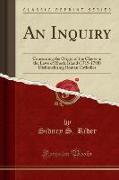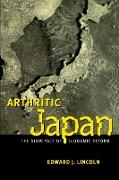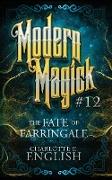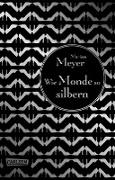The Politics of Hope (After the War): Selected and New Poems
BücherAngebote / Angebote:
Dubravka Djuric's The Politics of Hope selects from a lifetime of writing by one of Eastern Europe's most engaging living poets and feminist theorists.Dubravka Djuric writes through the changes in governance in post-Communist Yugoslavia to the horrors of civil war to the new Serbia that is emerging as one of the most independent states in Europe. Djuric's forms range from short prose blocks to multi-page field poems linking the radical changes in her national identity to the strategies and formats of the avant garde. Djuric formulates the politics of identity through nation state, language, and poetic form showing readers how these issues have changed since the 90s civil war in the former Yugoslavia. Djuric works from the transitions in her country to transformations of language, meaning and the freedom to write. Djuric's bravura performances are brilliantly captured in the alert translations of the poet / professor Biljana D. Obradovic with a trenchant Foreword by Charles Bernstein."The remarkable Serbian poet Dubravka Djuric began her career as a minimalist/ conceptualist in a late socialist Yugoslavia, only to find herself becoming the voice of the "the thunder's sanctuary/ the sanctuary of words" that marked the breakdown of Yugoslavia and its terrible civil wars of the 1990s. Djuric's experimental poetry--feminist, passionate, and hallucinatory--captures the cataclysm of history, right down to the present Ukrainian war. Her great subject, "the language of (multiple) identities, " is here rendered into English, with an interview, by the Serbian-American poet-translator Biljana D. Obradovic. To read THE POLITICS OF HOPE is to experience great pain--but also the strength of self-discovery and survival."--Marjorie Perloff"THE POLITICS OF HOPE --a collection of Dubravka Djuric's poems finally translated into English --is a rare gift. These poems are full of the tension of what it means to be a poet in a time of intense nationalism. Djuric's turn is to evoke a global experimentalism so as to resist to be a part of that nationalism. And the poems here know what matters: a swallow, but not just any swallow, the swallow of a larger encompassing tradition that echoes back to Basho."-- Juliana SpahrPoetry. Women's Studies.
Folgt in ca. 15 Arbeitstagen




